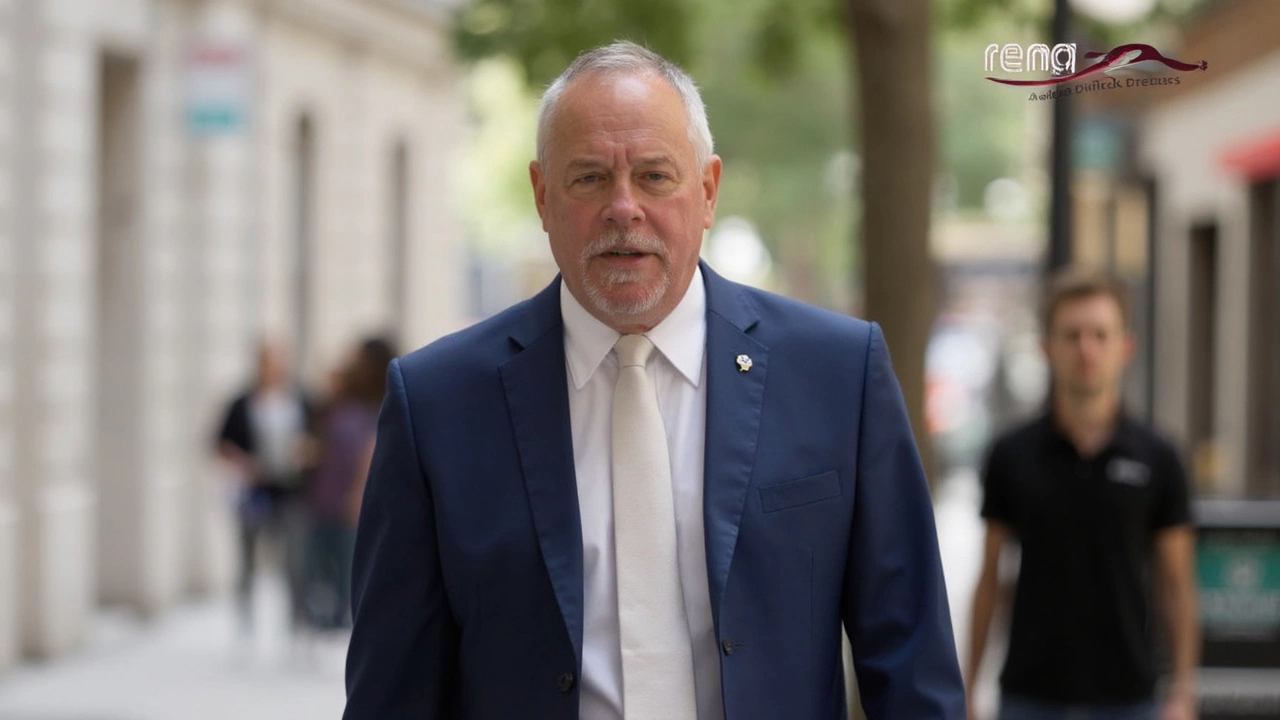Big Changes at Asda: Price Cuts, Streamlining, and a Price War
It’s not every day that a chairman of a major supermarket throws down the gauntlet to the rest of the competition, but that’s exactly what Allan Leighton, the Asda executive chairman, is doing. The company has faced sharp criticism over its pricing strategies, with some skeptics questioning the impact of its flashy price cuts and whether they offer real value to shoppers. Leighton isn’t swayed. In an unusually direct open letter, he laid out the details, showing there’s no quick fix happening here—just a gutsy, long-term push to get Asda back on top in a crowded market.
Dig into the numbers and you’ll see why eyebrows are raised: since January 2025, Asda has dropped prices on 11,240 products—almost half of its 27,000 product range. That’s an average cut of 22%, which is pretty aggressive even by supermarket standards. Leighton says these cuts aren’t just temporary sales stickers. The idea is to lock in affordability for customers, gradually rolling every item into the streamlined Asda Price scheme by the end of 2026. It’s a bold, sweeping effort, and it puts rivals on notice.
Deeper Than Discounts: Streamlining and New Leadership Tactics
But the pricing shake-up isn’t the whole story. Asda axed around 6,000 product lines this March—an almost unheard-of cull for a UK supermarket. The message? Focus on what works, and get rid of the clutter. This streamlining came just as the company warned of a major drop in profits. Rivals are fighting for every pound, and internal restructuring is costly. Leighton made it clear he’s not panicking. He’s after resilience, not rash decisions.
One area he’s really shaking up is the way bonuses work. Instead of handing out rewards based on company-wide sales or profit numbers, he’s moving the focus to individual performance. It’s a subtle shift with big implications: it means teams need to step up and be accountable for their piece of the transformation.
If numbers are your thing, there’s both good news and bad for Asda. Adjusted EBITDA actually rose by nearly 6% to £1.14 billion in 2024—a solid result by many standards. But total sales dropped almost 1%, and like-for-like sales were down 3.4%. For supermarket insiders, those are red flags that something big had to change. Leighton isn’t shy about the challenge, but he points to his record: back in the 1990s, he helped steer Asda through another rocky patch, working with Archie Norman to revive the business. His message this time? He’s in it for the long haul.
The chairman made a point of rejecting calls for a quick new CEO hire, arguing the business needs someone willing to stick around for a decade—someone who can finish what gets started. Timing matters, and Leighton isn’t in a rush.
Meanwhile, this all-out focus on cost and efficiency has put Asda right in the thick of a supermarket price war. Leighton has all but confirmed he’s ready to use every penny of Asda’s so-called financial ‘war chest’ to win over budget-conscious shoppers, even if it means profits take a hit in the short run. It’s about putting customers first, restoring the core values—quality, affordability, and focus—that Asda was built on.
For now, Asda’s future hangs on whether customers are convinced by years of price drops and a simpler store. If Leighton’s plan pays off, this could be the shakeup that gets British grocery shopping talking again.

Arlen Fitzpatrick
My name is Arlen Fitzpatrick, and I am a sports enthusiast with a passion for soccer. I have spent years studying the intricacies of the game, both as a player and a coach. My expertise in sports has allowed me to analyze matches and predict outcomes with great accuracy. As a writer, I enjoy sharing my knowledge and love for soccer with others, providing insights and engaging stories about the beautiful game. My ultimate goal is to inspire and educate soccer fans, helping them to deepen their understanding and appreciation for the sport.
view all postsWrite a comment